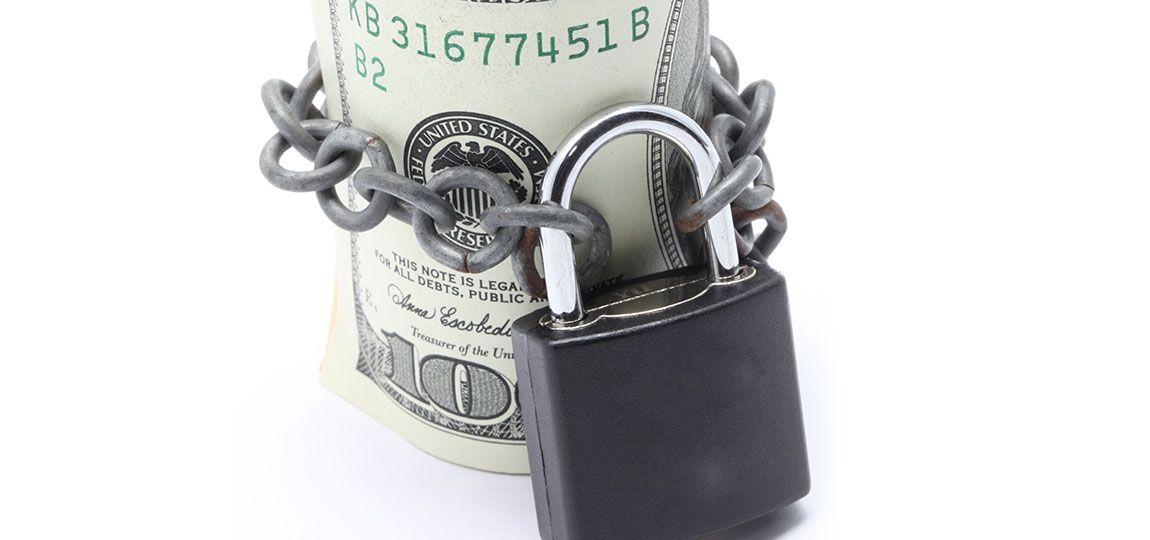Chances are you’ve heard about the recent “WannaCry” ransomware attacks that have affected more than 200,000 computers in over 150 countries. Unfortunately, these types of attacks are becoming more and more widespread, and Bank5 Connect would like to remind its customers about what they can do to protect themselves online. Here is some advice for helping to avoid ransomware attacks and other similar email phishing schemes.
- If you receive an email you weren’t expecting, be cautious from the get-go. Never click on any links, or open attachments in an email from someone you don’t recognize.
- You should also be on high alert if you notice poor grammar or misspellings in an email, especially one claiming to be from a legitimate company or organization. Quite often, these can be signs of a phishing email crafted by a con artist.
- It’s also common for phishing emails to use time-based deadlines or threats. If the email says you have “24 hours” to do something, or threatens you with jail time or hefty fines if you don’t respond quickly, you should be wary. e an email promising you money, prizes, or even a job, you should tread with caution. Never provide personal or financial information to claim winnings you weren’t expecting. Likewise, if you ever receive a check (or the promise of a check) you weren’t expecting, don’t deposit it! Many money laundering schemes use unsuspecting people as middlemen. Remember to never conduct banking transactions for people you don’t know.
- Never provide personal or financial information from someone who requests it via email. Keep in mind that the government, and most banks and companies you do business with will never try to obtain sensitive information from you online (or over the phone for that matter). Bank5 Connect will never call or email you to obtain account information. If you receive an email requesting information and you’re having a hard time determining whether or not the communication is legitimate, just pick up the phone and call the company. Just remember to look up the company’s phone number on your own to ensure you’re calling the right place. Don’t rely on a phone number provided in an email that may be phony.
- And remember that if you ever do follow a link in an email, be very cautious of the site you end up on. NEVER enter your passwords, usernames or other personal information on a site you reach via an email link. It’s very common for phishing emails to “spoof” a website in order to trick users into thinking they’re on the authentic one. In reality, they can capture any sensitive information you enter on a phony site. If you’re looking to log into your account after reading an email, you’ll be safer entering the site’s web address directly into your browser, or using a bookmark to access it. This will help to ensure that you’re entering your info on the legitimate site, instead of a fake lookalike.
For more information on how to stay safe online, visit our Fraud Prevention page here.
